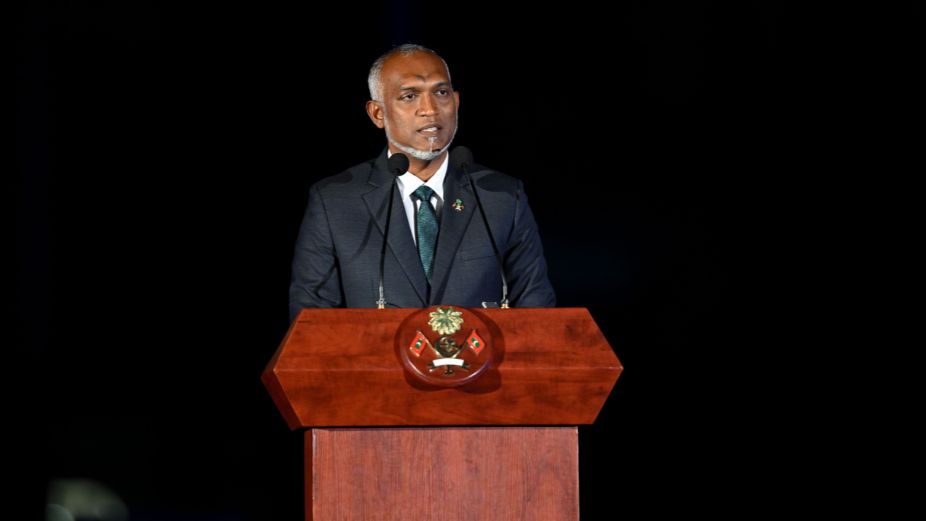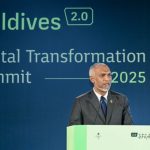
President Mohamed Muizzu’s Republic Day remarks revealed more than a simple observation about misconduct in the public sector. They revealed a worldview. Speaking at the Youth Centre, he argued that corruption is “mostly” carried out by lower and middle level employees, those who have the chance to participate in it. Top officials, he conceded, commit such acts too, but the emphasis was clear.
To understand why these comments matter, it helps to consider how corruption actually works. Around the world, the patterns are familiar. In South Korea, major corruption scandals have involved presidents, conglomerate chairmen, and senior political aides making decisions that shape entire economies. In Brazil, the sprawling Lava Jato investigation exposed a network of political executives and corporate leaders who diverted public funds on a massive scale. In Indonesia, the Corruption Eradication Commission has repeatedly focused on governors, ministers, and members of parliament because these officials control budgets, procurement, and policy decisions worth millions.
In each of these countries, investigations into petty corruption at the lower levels exist. But the most damaging forms of corruption are almost always driven by access to power, not proximity to paperwork.
This is why the President’s framing is troubling. Lower and middle level employees do not design megaprojects, negotiate foreign financing, authorise land allocations, award multi million dollar contracts or set national priorities. They are functionaries within systems built above them. When corruption occurs on a meaningful scale, it requires authority. It requires influence. It requires decisions that only the upper tiers of the state can make.
The Maldives is no exception. The largest scandals in the country’s history have involved individuals at the helm of public institutions, not clerks at the bottom of them. The structures that enable corruption are shaped by those with the most reach, not those who simply follow orders. To suggest otherwise turns the logic of accountability upside down.
There is another risk in the President’s approach. When leaders publicly shift blame downwards, they create a culture where the least powerful are treated as the source of the problem, while those with the most responsibility are allowed to remain in the background. It builds an environment where institutional weaknesses go unaddressed because the analysis begins in the wrong place. The public is left with the impression that the system is fundamentally sound and that only its lowest participants are failing it.
What the Maldives needs is the opposite. A serious national conversation about corruption requires clear recognition that systems reflect the behaviour of their leaders. Countries that have made progress, from Georgia’s sweeping public sector reforms to Singapore’s disciplined approach to governance, did so by starting at the top. Leadership set the tone, enforced standards, and allowed transparency to operate without fear or favour.
To single out the lower and middle ranks is to avoid confronting the more difficult truth. Corruption is not an issue of who has the smallest salary or the least power. It is an issue of who controls decisions, who benefits from them, and who is protected from scrutiny. Real change begins at the highest levels, not the lowest.








